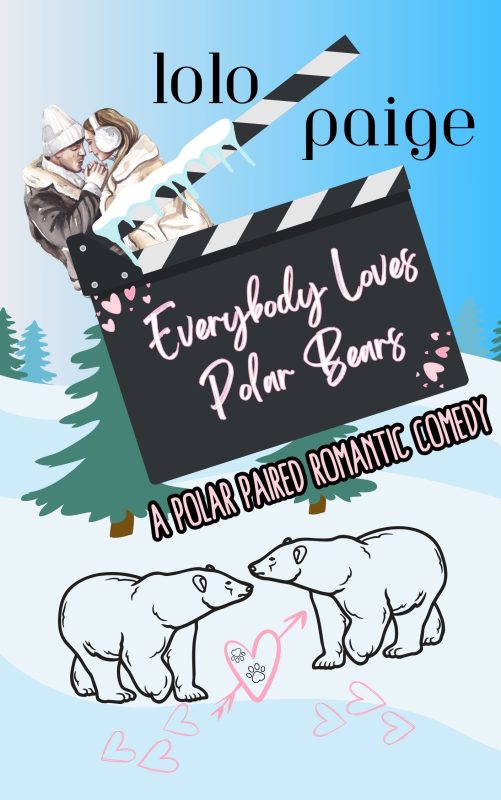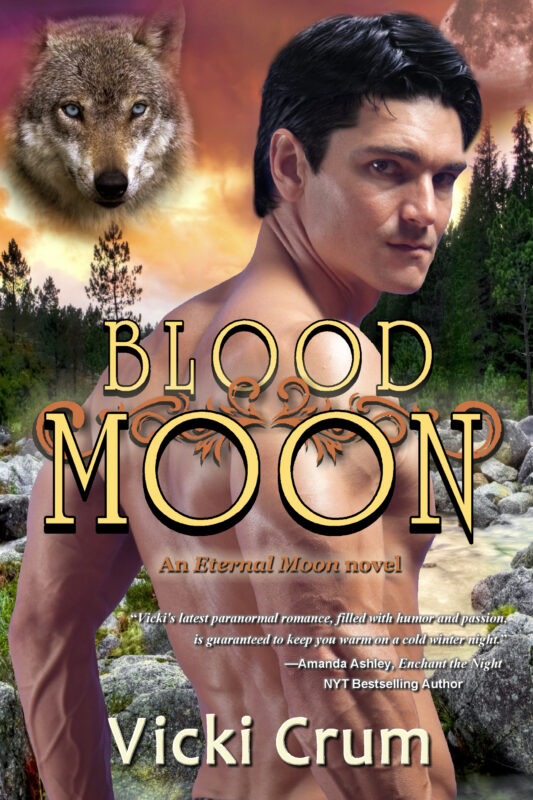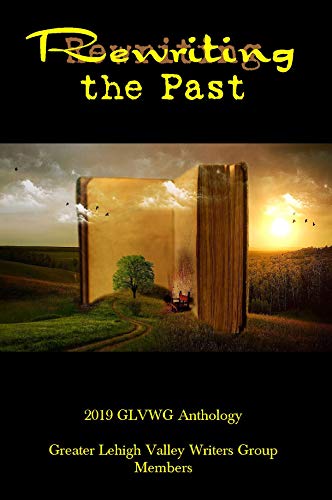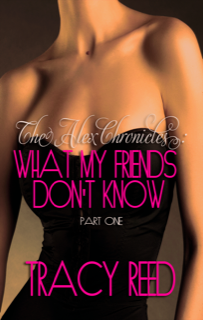
The elusive goal in writing appears to be the creation of magic moments: the beauty of ice coating the bare branches of a tree in winter, the thrill of racing down a basketball court, jumping, and YES! perfectly blocking an opponent’s layup.
But magic moments are pretend writing, like a little girl playing dress-up in her mother’s high heels and pearls. When we grow up, we write truth. More accurately, we sneak truth by the enraptured reader.
We humans like to feel good—think whole body massages. We covet delicious food: prime rib, strawberries, did I mention chocolate? We seek to be entertained: music drifting through high quality ear phones, comedians doubling us over with so much laughter we cry out in pain, “Please, please stop.” We are hedonists content to drift along on the surface of life. Truth? We don’t want truth, that’s way too much work. So, we writers, ensnare our readers in the emotions of our main character. Then as the character encounters truth, so does the unsuspecting reader.
But so powerful is the art form, that if we write without knowing the truth, sometimes the truth reveals itself.
Several years ago, I sat across my kitchen table from a wonderful woman as she told me that she had been sexually assaulted. “Well, I was stupid,” she said. “I shouldn’t have gotten in the car with him. I was trained in self-defense, but I…It was really all my fault.”
I gripped the edge of my chair to restrain myself. “It wasn’t your fault,” I whispered. “He committed a felony. He’s a criminal.”
“No, you don’t understand. I had been drinking.”
“Did you say no?”
“Well, yes.” She shook her head back and forth, put her head in her hands, self-disgust in every movement.
“So, you did try to fight him?”
“Yes,” she stood, looking for her purse. “Don’t you see, I knew all these Kung Fu moves.” Her voice got louder with each word. “I should have been able to get free. It was my fault!”
“It wasn’t your fault. He attacked you.”
She found her purse, but not her keys.
“I’ve got some fresh organic lemon. Let me get you some for your tea.” Remembering the cookies, I put three on a plate in front of her, tempting her. “Want some, two kinds of chocolate chips?”
She collapsed into her chair. I brought a box of tissues; gently touched her arm. “Why don’t you write that story.”
“No,” she shook her head. “I couldn’t.”
I tried again. “Perhaps if you wrote it, someone who read it, might stop blaming herself. Maybe she’d realize that what happened to her wasn’t her fault.”
But that’s not what I wanted to say. What I wanted to say was, “Perhaps if you wrote your story, you’d realize the attack wasn’t your fault.”
A few minutes later she made an excuse and left. I get it, even speaking about what happened thirty years ago was overwhelming. But still she doesn’t write her story; she doesn’t write her truth. And I know as I pen these words that she still believes the attack was her fault.
- Author Bio
- Recent Posts
- Books
-
February 25, 2024
I wanted to stop forgetting appointments and lunches with friends. I wanted to keep track of events days, weeks, months and even years into the future.
-
January 25, 2024
I’d been invited to a posh dinner to honor director Martin Scorsese. I decided to drive to ‘The City.’ My friend recommended that I take the Lincoln Tunnel. Twilight found me approaching the entrance; I glanced at my gas gauge.
I was young and naive, but I wasn’t worried. “Those New Yorkers are smart,” I said to myself. “I bet they’ve built a gas station right at the entrance of the tunnel.”
-
December 25, 2023
My main issue with fiction, written in first person, is interior dialogue. Often interior dialogue is self-serving—or rather author-serving.
-
September 25, 2023
This is a true story.
Two nights ago, I had a dream I could fly. I opened my arms wide, pulled the wind toward me and felt my feet lift off the ground. It was glorious. With my engineering-trained mind I quickly sought practical applications.
-
August 25, 2023
Why was the book Dune by Frank Herbert so successful?
Most people would probably say world-building.

Related
Affiliate Links
A Slice of Orange is an affiliate with some of the booksellers listed on this website, including Barnes & Nobel, Books A Million, iBooks, Kobo, and Smashwords. This means A Slice of Orange may earn a small advertising fee from sales made through the links used on this website. There are reminders of these affiliate links on the pages for individual books.
Search A Slice of Orange
Find a Column
Archives
Featured Books
EVERYBODY LOVES POLAR BEARS
Expect the unexpected when it comes to love under the Aurora skies.
More info →Newsletter
Contributing Authors
Search A Slice of Orange
Find a Column
Archives
Authors in the Bookstore
- A. E. Decker
- A. J. Scudiere
- A.J. Sidransky
- Abby Collette
- Alanna Lucus
- Albert Marrin
- Alice Duncan
- Alina K. Field
- Alison Green Myers
- Andi Lawrencovna
- Andrew C Raiford
- Angela Pryce
- Aviva Vaughn
- Barbara Ankrum
- Bethlehem Writers Group, LLC
- Carol L. Wright
- Celeste Barclay
- Christina Alexandra
- Christopher D. Ochs
- Claire Davon
- Claire Naden
- Courtnee Turner Hoyle
- Courtney Annicchiarico
- D. Lieber
- Daniel V. Meier Jr.
- Debra Dixon
- Debra H. Goldstein
- Debra Holland
- Dee Ann Palmer
- Denise M. Colby
- Diane Benefiel
- Diane Sismour
- Dianna Sinovic
- DT Krippene
- E.B. Dawson
- Emilie Dallaire
- Emily Brightwell
- Emily PW Murphy
- Fae Rowen
- Faith L. Justice
- Frances Amati
- Geralyn Corcillo
- Glynnis Campbell
- Greg Jolley
- H. O. Charles
- Jaclyn Roché
- Jacqueline Diamond
- Janet Lynn and Will Zeilinger
- Jeff Baird
- Jenna Barwin
- Jenne Kern
- Jennifer D. Bokal
- Jennifer Lyon
- Jerome W. McFadden
- Jill Piscitello
- Jina Bacarr
- Jo A. Hiestand
- Jodi Bogert
- Jolina Petersheim
- Jonathan Maberry
- Joy Allyson
- Judy Duarte
- Justin Murphy
- Justine Davis
- Kat Martin
- Kidd Wadsworth
- Kitty Bucholtz
- Kristy Tate
- Larry Deibert
- Larry Hamilton
- Laura Drake
- Laurie Stevens
- Leslie Knowles
- Li-Ying Lundquist
- Linda Carroll-Bradd
- Linda Lappin
- Linda McLaughlin
- Linda O. Johnston
- Lisa Preston
- Lolo Paige
- Loran Holt
- Lyssa Kay Adams
- Madeline Ash
- Margarita Engle
- Marguerite Quantaine
- Marianne H. Donley
- Mary Castillo
- Maureen Klovers
- Megan Haskell
- Melanie Waterbury
- Melissa Chambers
- Melodie Winawer
- Meriam Wilhelm
- Mikel J. Wilson
- Mindy Neff
- Monica McCabe
- Nancy Brashear
- Neetu Malik
- Nikki Prince
- Once Upon Anthologies
- Paula Gail Benson
- Penny Reid
- Peter Barbour
- Priscilla Oliveras
- R. H. Kohno
- Rachel Hailey
- Ralph Hieb
- Ramcy Diek
- Ransom Stephens
- Rebecca Forster
- Renae Wrich
- Roxy Matthews
- Ryder Hunte Clancy
- Sally Paradysz
- Simone de Muñoz
- Sophie Barnes
- Susan Squires
- T. D. Fox
- Tara C. Allred
- Tara Lain
- Tari Lynn Jewett
- Terri Osburn
- Tracy Reed
- Vera Jane Cook
- Vicki Crum
- Writing Something Romantic
Affiliate Links
A Slice of Orange is an affiliate with some of the booksellers listed on this website, including Barnes & Nobel, Books A Million, iBooks, Kobo, and Smashwords. This means A Slice of Orange may earn a small advertising fee from sales made through the links used on this website. There are reminders of these affiliate links on the pages for individual books.






















































